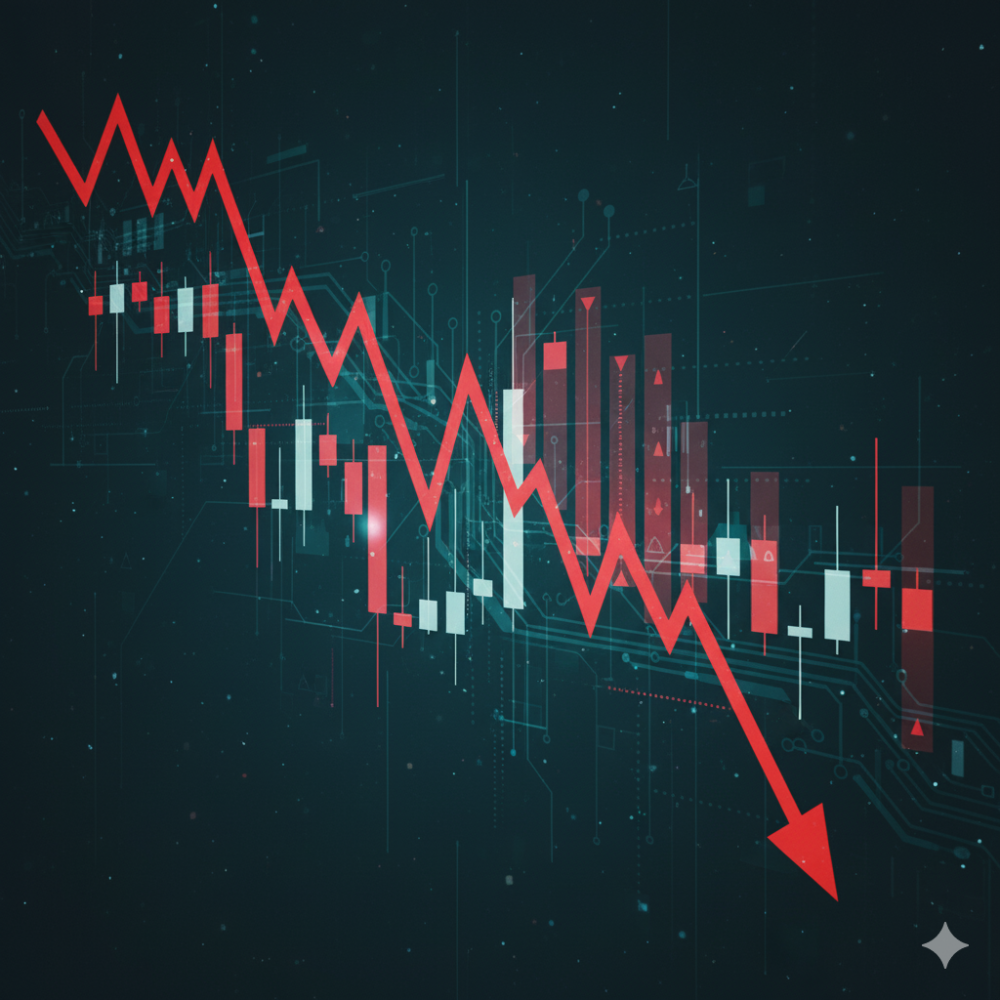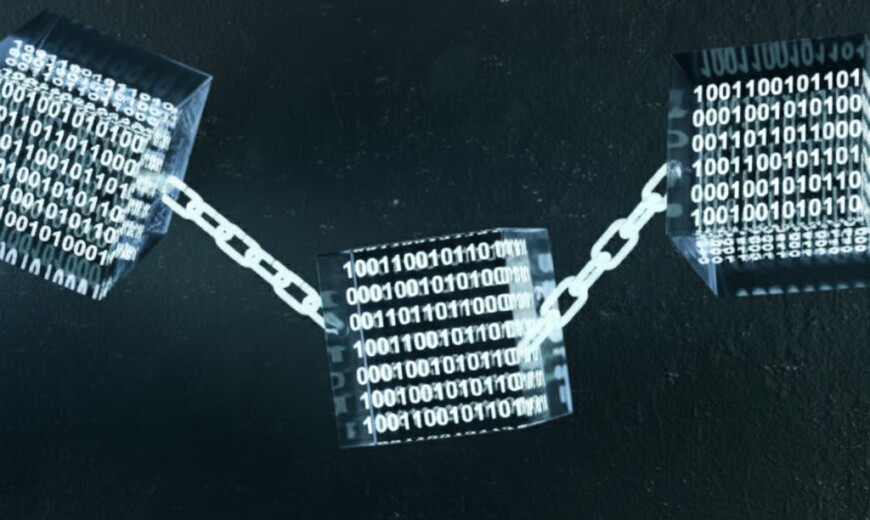A cyberattack can sink a company’s share price. When Capital One disclosed that it suffered a data breach, its share price immediately dropped nearly 6% in after-hours trading. In the two weeks that followed, the share price plummeted by nearly 14%. This story isn’t unique. Equifax’s share price fell by 60% in the wake of their cyber breach in 2017. But are these losses to market value long-lasting?
Surprisingly, not all companies experience such serious losses to their market value. The share prices of Norsk Hydro and JPMorgan Chase, for example, quickly recovered shortly after they suffered a cyberattack.
Overall, determining causality between share price reactions and cyberattack disclosures is difficult. A range of contextual factors may impact the share price: market sentiment, industry news, company size, or perceived seriousness of the cyberattack.
So, are cyberattack disclosures and negative share price reactions just coincidence or statistically significant? This academic article analyses the impact of cyberattacks on share prices. See what the analysis reveals.
Summary:
- The impact of cyberattack disclosures on the share price is a complicated problem because it implies a causal relationship. Indeed, the immediate impact of a cyberattack on a company cannot easily be measured, and the correlation between a cyberattack disclosure and stock market reaction may be misinterpreted as causality.
- So, how can this be studied? Financial economists use statistical methodologies to determine whether an unexpected event leads to abnormal stock market returns.
- A “normal return” of a stock price is estimated from previous stock price returns. Subtracting from that, the actual stock price return derives a potentially abnormal return related to an event.
- This academic article conducts a meta-analysis of all academic articles that used such statistical analysis to study the effect of cyberattacks on stock market returns.
- So, do cyberattacks significantly impact share prices?
- Most studies find statistical significance in cyberattacks being followed by negative abnormal returns on stock prices.
- But why do some companies’ share prices escape unscathed from serious cyberattacks? Evidence suggests that the way in which companies respond to a cyberattack has a big influence on how investors react.
Why does this matter for businesses?
- Getting hacked doesn’t have to end in disaster and loss of market value
- Some companies have shown that if they respond appropriately and communicate clearly, they can limit the negative impact on share price
- Therefore, companies should invest significant time and resources in a planned response to a cyberattack to avoid angering investors and sinking stock prices.






